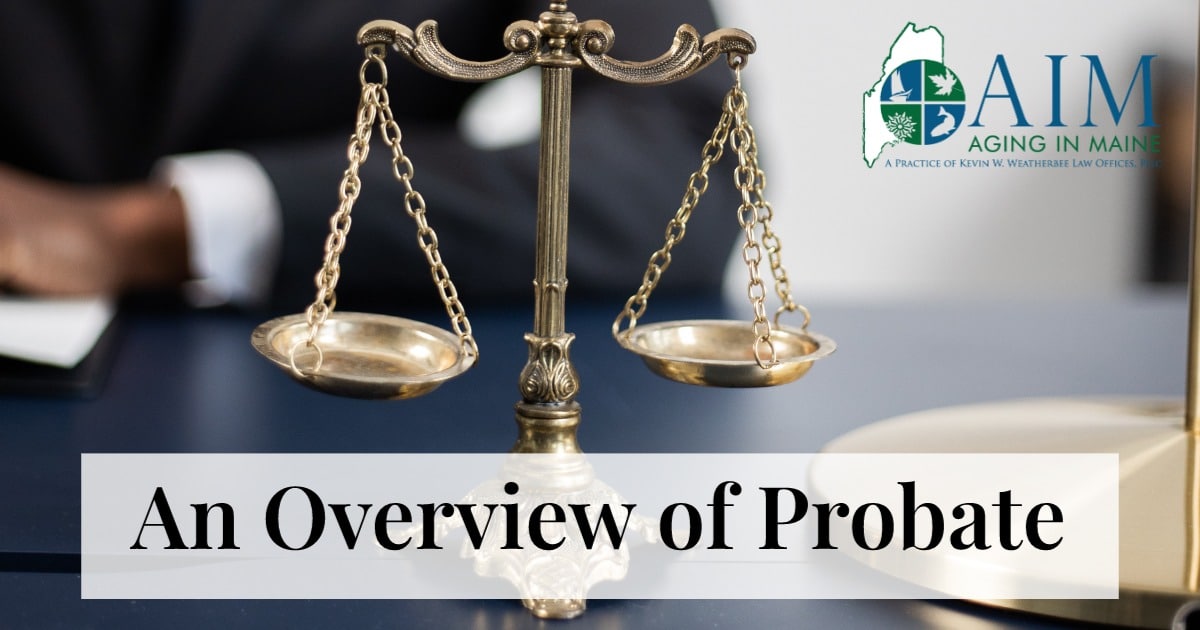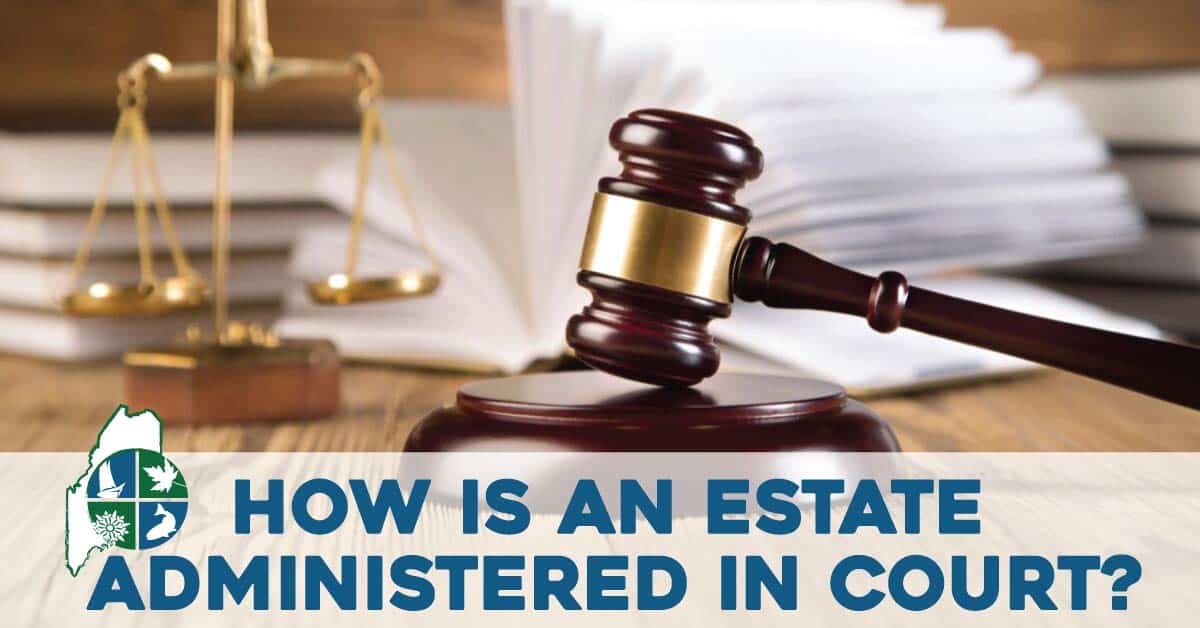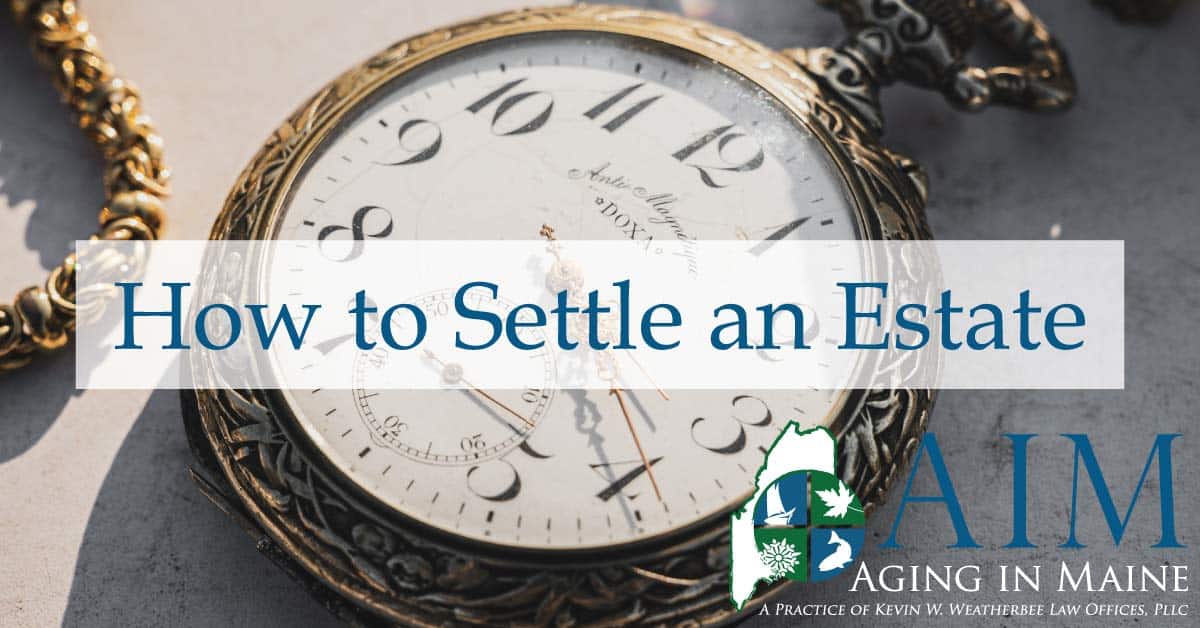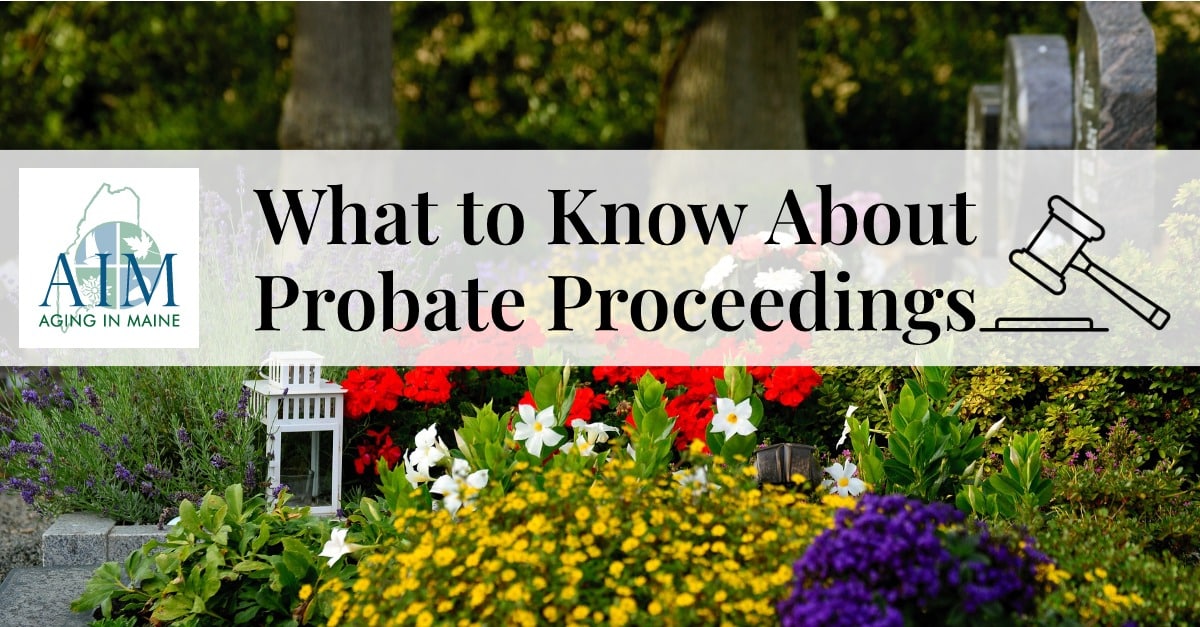Thoughtful estate planning can help you minimize or avoid probate, but sometimes it becomes necessary even though it carries the stigma of having a bad reputation. In reality, most heirs will have to navigate the probate process to some degree after losing a loved one. Understanding what probate is in conjunction with careful estate planning can minimize probate’s impact on an estate’s value and inheritors’ well-being.
What is Probate?
The probate process is a series of court-supervised proceedings in which the decedent’s assets become retitled and distributed to the named heirs. It also includes validating the decedent’s will, ensuring payments of the estate’s debts and taxes, and enacting any minor children’s guardianships. In addition, heirs, other interested parties, and creditors have the right to contest the will in probate court.
The probate process is generally efficient in smaller estates but can become lengthy and complex in larger ones. States have varying probate codes, and many have informal and formal probate processes. The informal process occurs when there is no expectation of a contest to the estate. Typically the administration of the estate includes the personal representative or executor, beneficiaries, creditors, and a judge.
Probate becomes necessary to manage and transfer those properties and assets of an estate that are not via contract law, trust law, or state titling. Any property or assets in the decedent’s will or those owned by an individual without a will (intestate) may necessitate probate. Property and assets not awarded in the will or otherwise transferred become part of the probate process in addition to the property and assets awarded to heirs with a need for retitling. State intestacy laws determine the dispersal of probate property in an estate without a will or beneficiary designations.
Which Property and Assets Aren’t Subject to Probate Court?
Some property and assets are disbursed outside of probate, including:




